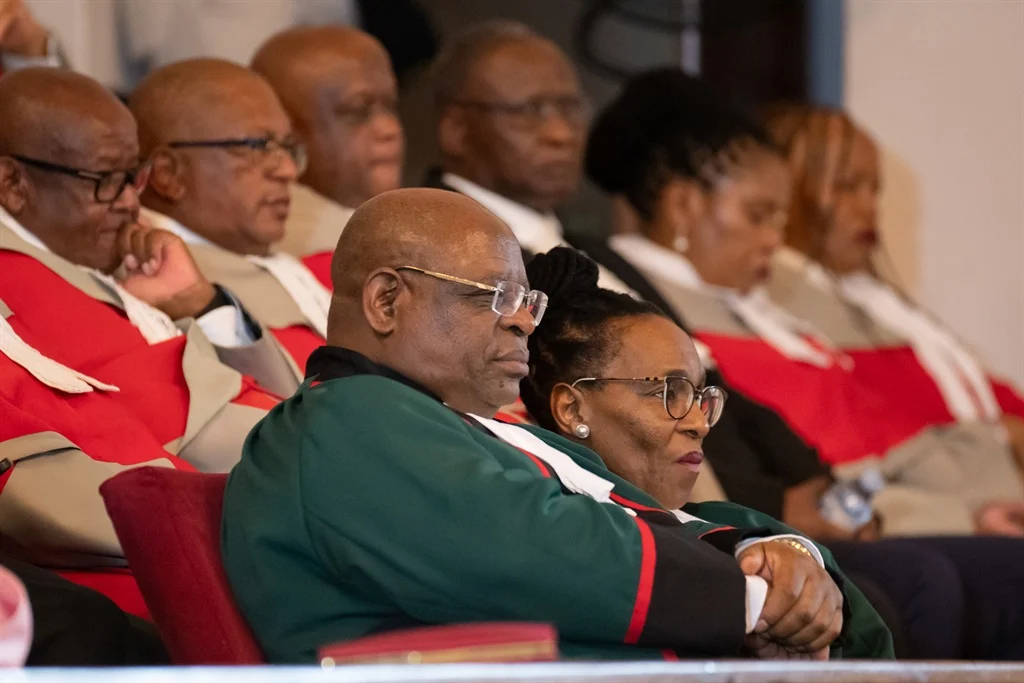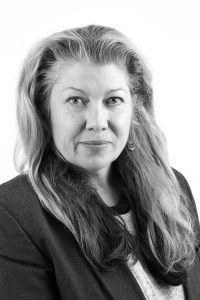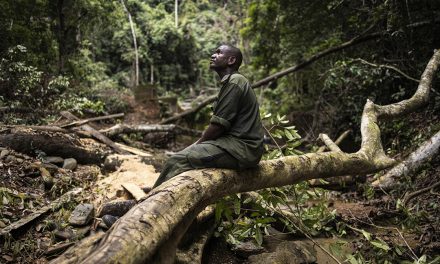The glaring inaction that followed the Zondo Commission report, with no arrests or consequences for people named in it two years after it was published, came under the spotlight recently at the 4th annual Southern African Institute of Government Auditors (SAIGA) conference.
Former Chief Justice Raymond Zondo came out of his recent retirement to speak at the conference and again expressed concern that his damning report had little impact on those implicated in corruption and fraud and, worse, that corruption had actually worsened since then.

Former Chief Justice Raymond Zondo and Chief Justice Mandisa attending the 2024 State of the Nation Address (SONA) earlier this year. (Photo by Gallo Images/Jeffrey Abrahams)
“One would’ve thought that when the commission was set up and delivered its report that corruption would begin to slow down, that people would be concerned that they’d be found out and there would be consequences. But during Covid, we realised that’s not the case, that people seem to have intensified their acts of corruption, despite the recommendations of the commission’s investigation.
“I asked myself, how is it that people don’t care, that they actually continue with corruption? The only answer is they did not believe there would be any consequences,” said Justice Zondo.
Justice Zondo’s comments underscored the message from other speakers at the SAIGA conference (September 2024); that while auditors play a crucial role in preventing corruption, they could only go so far. He looked to the role that South African society plays in enabling it.
“And on the occasions when the government appoints people with allegations of corruption and fraud hanging over their heads, what message does this send? We should never expect to be taken seriously when we say we stand up and shout that we are fighting corruption. Because it’s not words only that matter, it’s whether your conduct that says to people you are also a corruption fighter and not a corruption apologist,” he said.
Patrick Kulati, CEO for the Southern African regional office of Good Governance Africa (GGA), a partner in the SAIGA conference, also addressed the audience, and examined the problem in terms of the concept of ‘givers, matchers, and takers’, which originates from Adam Grant’s book, Give and Take: A Revolutionary Approach to Success. It describes three types of people in social and professional interactions, with givers focusing on giving, matchers seeking value from both giving and taking, and takers primarily taking without contributing.
In the transition to democracy in South Africa,”we were handing over the management of our country to trusted people who had fought the struggle against apartheid. Some gave their lives. They were givers, but somehow, they turned around to be the takers. Our task is to create more givers so that we can influence the matchers and destroy the capacity of the takers,” Kulati said.
To this end, GGA had launched the Young Advocates for Good Governance (YAGG) programme,“to train young people to be givers and reduce the number of takers”, he said. The YAGG programme aims to mobilise and empower young Africans across the continent to participate and become advocates for good and democratic governance. The goal is to recruit one million young people by 2029.
The necessity of clean audits
Turning to the role of auditors, Kulati reiterated GGA’s position that although clean audits are a necessity, they are insufficient for achieving good governance performance. (Auditor-General of South Africa Tsakani Maluleke recently tabled local government audit outcomes of the 2022/23 financial year, showing R7.4-billion had been lost to fruitless and wasteful expenditure – up from R4.9-billion in 2021/22. The audits also revealed R24.1-billion in unauthorised expenditure.)
“You need the support of governors beyond auditors, and to create a balance between lead measures (ethical governance by political leaders) and lag measures (audits), and to use lag measure outcomes to improve lead measures,” said Kulati.
The failure to use lead measures could be seen in the failure to act on the Zondo Commission report, he suggested.
“There has been no further update from government or the president to say we’ve done anything about it…We need people who are ethical and competent, so the ecosystem of accountability is entrenched,” said Kulati.
- This article first appeared in News24.
Helen Grange is a seasoned journalist and editor, with a career spanning over 30 years writing and editing for newspapers and magazines in South Africa. Her work appears primarily on Independent Online (IOL), as well as The Citizen and Business Day newspapers, focussing on business trends, women’s empowerment, entrepreneurship and travel. Magazines she has written for include Noseweek, Acumen, Forbes Africa, Wits Business Journal and UJ Alumni magazine. Among NGOs she has written or edited for are Gender Links and INMED, a global humanitarian development organisation.












